Charities Bill
The charities bill is currently in parliament and is expected to come into force in 2022. It has been drafted in response to a Law Commission report with the objective of improving efficiency and eliminating some red tape. The key changes are as follows:
a) Statutory and Royal Charter charities. The process for statutory and royal charter charities to amend their governing document will be simplified.
b) Disposal of charity land and buildings. The regulatory requirements relating to the disposal of charity land and buildings will be reduced, allowing a greater range of people from whom the charity trustees can obtain statutory advice.
c) Spending, and borrowing from, permanent endowments. The threshold below which permanent endowments can be expended without charity commission approval has been increased from £10k to £25k and the income threshold has been removed. Up to 25% of a permanent endowment can be borrowed (with charity commission permission) provided there are plans in place to repay the capital within 20 years.
d) Fundraising Appeals which raise too much or too little. The existing procedures whereby efforts must be made to contact donors, and an application for a cy-près scheme must be made to the charity commission, have been simplified.
e) Trustees supplying goods to their charities. Trustees can now be paid for the supply of goods to their own charities provided the Trustees consider it represents value for money. This brings the supply of goods into line with the supply of services.
Guidance from the Charity Commission on Investing charity funds
The existing guidance. The existing guidance, which is set out in the Charity Commission publication CC14, is currently subject to a consultation with a number of changes proposed. Charity trustees had frequently raised concerns that their responsibilities to maximise income precluded them from having an ethical investment policy or a policy to invest in social investments.
The proposed changes. The consultation paper proposes to change the term “ethical” investment to “responsible” investment and makes it more explicit that Trustees can approve investment policies which include investing ethically and supporting social investments where these policies reflect or further the charity’s charitable purposes.
Charity Governance Code
The charity governance code sets out the principles of good governance. It is not mandatory, but it is endorsed by the charity commission as representing good practice.
Key Change. The key change is a greater emphasis on Equality, Diversity and Inclusion (EDI). To comply with the code, Trustees should:
- Define how EDI applies to their charity
- Monitor targets and publicise results
Charity Commission Guidance
Fraud and Cyber Crime. The Charity Commission has published detailed guidance about best practice and drafting policies in relation to counter-fraud and cyber security. The guidance includes how charities should report incidents.
Five Minute Guides. The Charity Commission has published simple five minute guides for trustees covering the following areas:
- Charity purposes
- Managing charity finances
- Managing conflicts of interest
- Making decisions
- Charity reporting requirements and how to get help.
Charity Financial Statements
New consultation framework. The next update of the Charities Statement of Recommended Practice (SORP) is expected to be published in Autumn 2023 to come into effect in 2024. The consultation process is already underway, involving a wide range of stakeholders (through volunteer engagement partners). One theme of the consultation is the simplification of accounts for smaller charities.
Get in touch or request a call back:
Call 0330 223 6400 or complete the form to make an enquiry or request a call back (* indicates a mandatory field).



